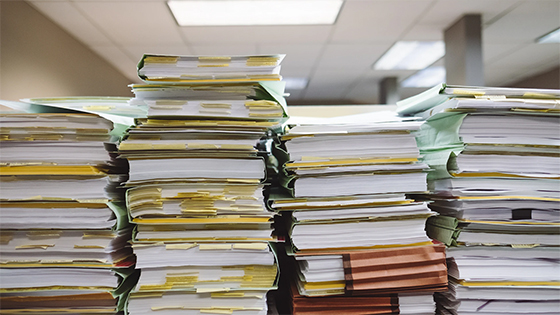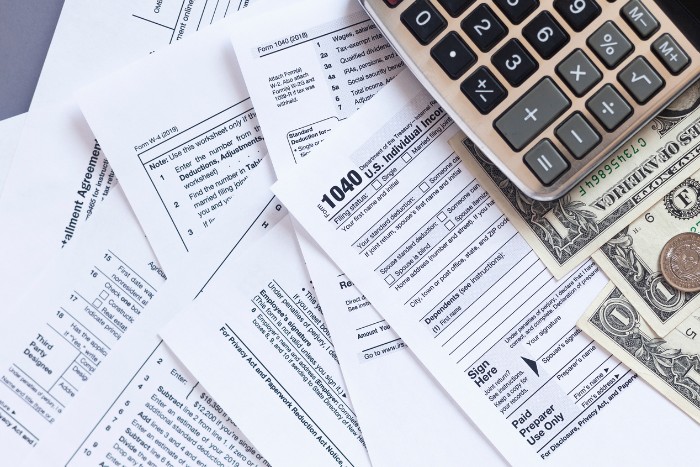Should You Keep or Discard Your Tax Records?

Knowing how long to retain your tax records is essential for staying compliant with IRS regulations. Holding onto documents for too long may create unnecessary clutter, while disposing of them prematurely could leave you unprepared in the event of an audit. Below, we outline how long you should keep various tax-related documents.
General Guidelines for Retaining Tax Records
At a minimum, you should retain tax records for as long as the IRS has the authority to audit your return or assess additional taxes, which is typically three years from the date you file. This means that, in most cases, you can discard tax records from 2016 and earlier.
However, if your adjusted gross income (AGI) is underreported by more than 25%, the IRS extends the audit period to six years. Understatement of income can involve more than just unreported earnings, so as a precaution, it’s generally advisable to keep tax records for at least six years from the filing date.
Documents That Should Be Kept for Longer Periods

Some tax-related documents should be kept beyond the typical three- to six-year timeframe. These include:
- Hold onto your tax returns indefinitely to have proof that you filed a valid return. The IRS has no time limit for auditing a return if it was never filed or if fraud was involved.
- Keep your W-2 forms until you start receiving Social Security benefits. These documents may be necessary to verify your earnings and work history for a specific year if any questions arise.
- Retain real estate and investment records for as long as you own the assets and for at least three years after selling them and reporting the transaction on your tax return (or six years for added security).
- Maintain retirement account records until you have fully withdrawn all funds and reported the final distribution on your tax return, plus an additional three to six years for tax purposes.
Additional Considerations

- State and Local Tax Requirements: Some states require taxpayers to retain records longer than federal guidelines suggest. It’s essential to be aware of any specific state regulations.
- Financial Institutions and Loan Applications: Mortgage lenders, co-op boards, and financial institutions may request several years’ worth of tax returns for financial assessments and loan approvals.
Final Thoughts

Remember that these guidelines apply to federal tax records, but state and local tax authorities may have different retention requirements. Additionally, financial institutions, co-op boards, and other entities may request copies of your tax returns when evaluating loan applications, approving a purchase, or conducting other financial transactions with you.
If you are unsure about how long to retain specific documents, consulting with a tax professionalcan help provide clarity and guidance.
Contact PKF Texas today if you have questions or concerns about recordkeeping.

